

Ben Zachariah
Move over, Patrol: New-era Ford Maverick SUV imagined
2 Days Ago

News Editor
Genesis has reportedly delayed a key new electric vehicle (EV) in favour of rolling out a hybrid.
Korean outlet ET News reports Genesis has delayed the start of next-generation GV80 production from the third quarter of 2026 to either the end of 2027 or early in 2028.
To tide the current 2020-vintage model over, Genesis will reportedly add a hybrid version as demand for this powertrain type surges.
Previous reports out of Korea have indicated the GV70 and potentially the G80 will also receive hybrid power, with the first Genesis hybrid to debut in 2025.
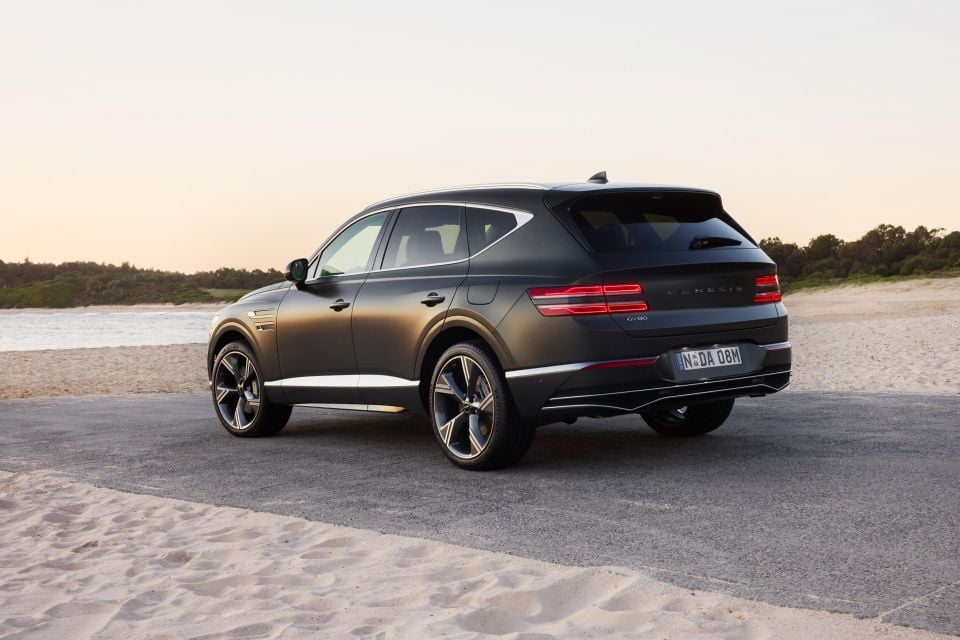
This hybrid powertrain will reportedly consist of a 2.5-litre petrol engine and two electric motors.
A recent report from the Korean Car Blog indicated the GV70 will feature a large 40kWh pack and offer more than 200km of electric range, allowing Genesis to pitch it as an extended-range electric vehicle rather than a traditional plug-in hybrid (PHEV).
Genesis had previously confirmed all new vehicle launches from 2025 onwards would be electric vehicles, ahead of a switch to an entirely EV lineup by 2030.
ET News reports the delay of the electric-only GV80 replacement is due to a temporary period of stagnant demand for EVs and increased demand for hybrids, particularly in the US market.
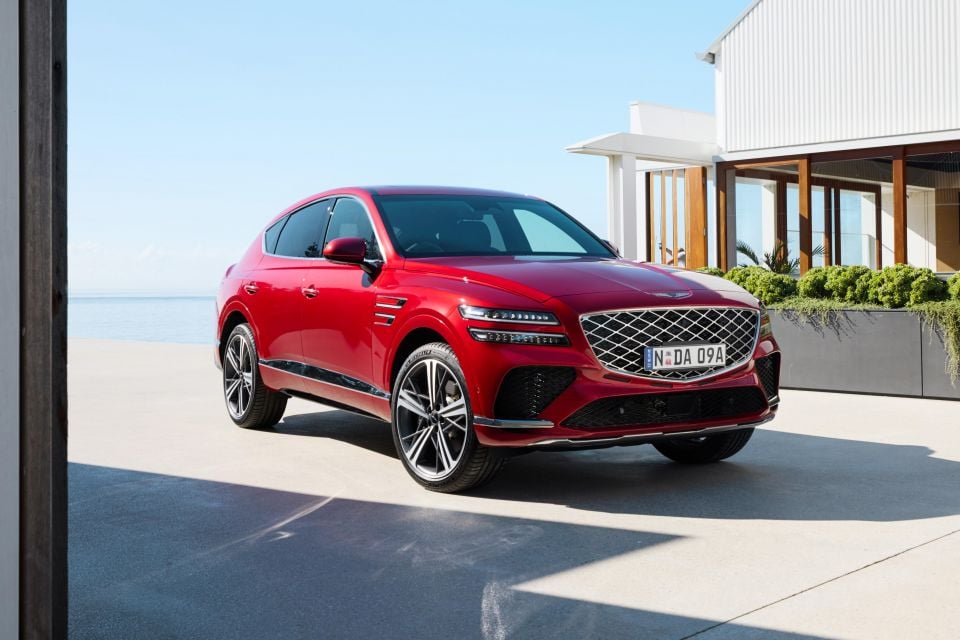
Official details of Genesis’ hybrid plans will reportedly be finalised this month.
There have been no reports Genesis is looking to delay its eventual goal of going EV-only in 2030.
Genesis has never offered a hybrid, and had previously indicated it planned to skip over these entirely in favour of electric and hydrogen fuel-cell vehicles.
While EV sales continue to grow in many countries such as Australia, overall demand is cooling in key markets.
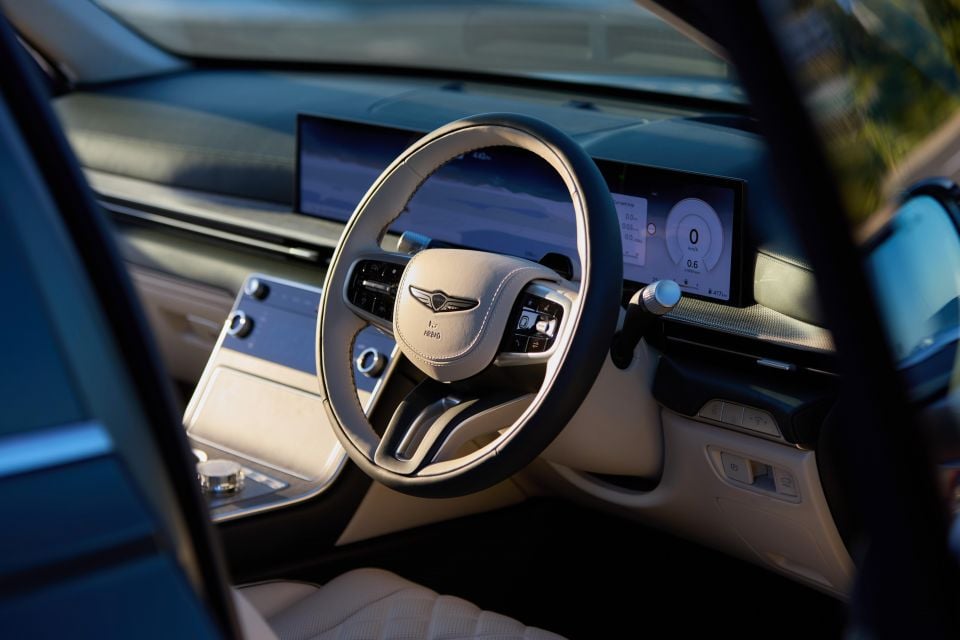
Genesis isn’t the only luxury brand that could introduce hybrids after having previously planned to skip them, with Cadillac being another that has left the door open for PHEVs.
A plug-in hybrid Genesis GV80 will give the brand a rival to PHEV versions of models like the Audi Q7, BMW X5, Lexus RX and Mercedes-Benz GLE, not all of which are offered here.
The GV80 lost its turbocharged 2.5-litre four-cylinder base engine last year, with the 3.0-litre turbo-diesel inline six being axed globally this year.
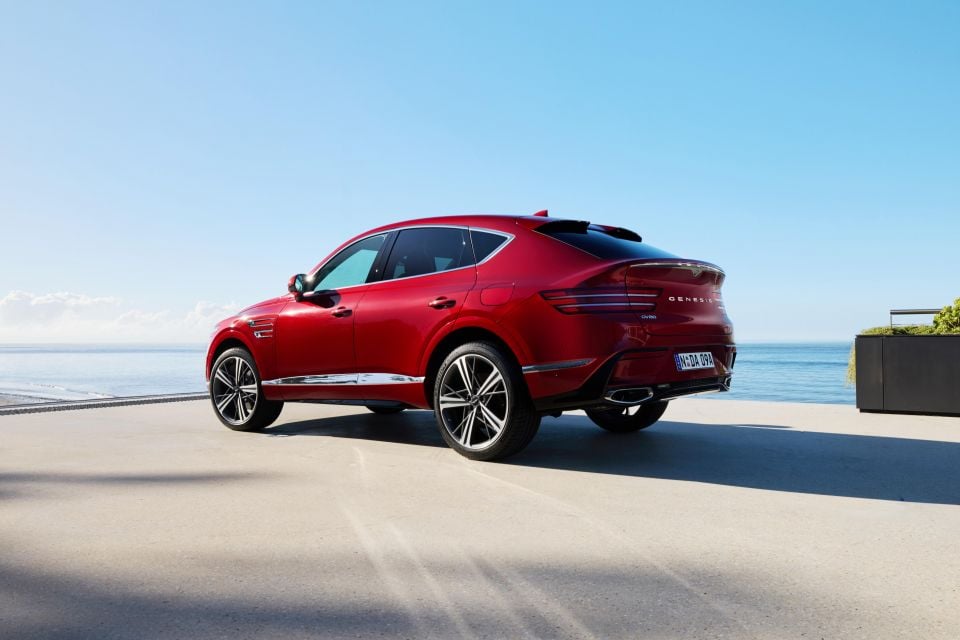
That leaves a twin-turbo 3.5-litre petrol V6 engine in Australia, the least efficient engine ever offered in the GV80 lineup.
The facelifted model introduced this year received an overhauled interior with a huge 27-inch OLED display.
The update has also brought a new coupe SUV body style.
MORE: More electric SUVs, fewer sedans: What this luxury brand has planned
Where expert car reviews meet expert car buying – CarExpert gives you trusted advice, personalised service and real savings on your next new car.
William Stopford is an automotive journalist with a passion for mainstream cars, automotive history and overseas auto markets.


Ben Zachariah
2 Days Ago
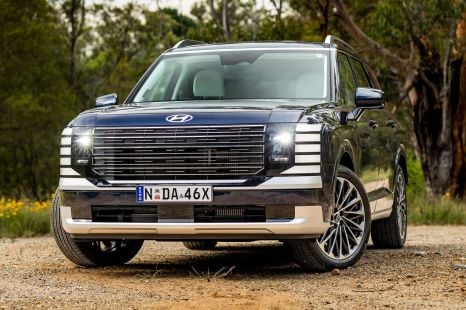

Matt Campbell
6 Days Ago
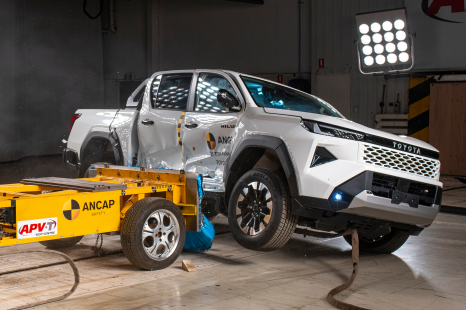

William Stopford
11 Days Ago


William Stopford
11 Days Ago
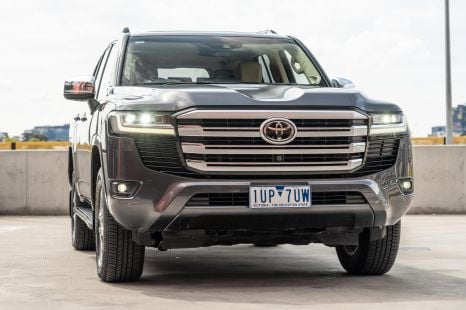

Ben Zachariah
13 Days Ago


William Stopford
17 Days Ago